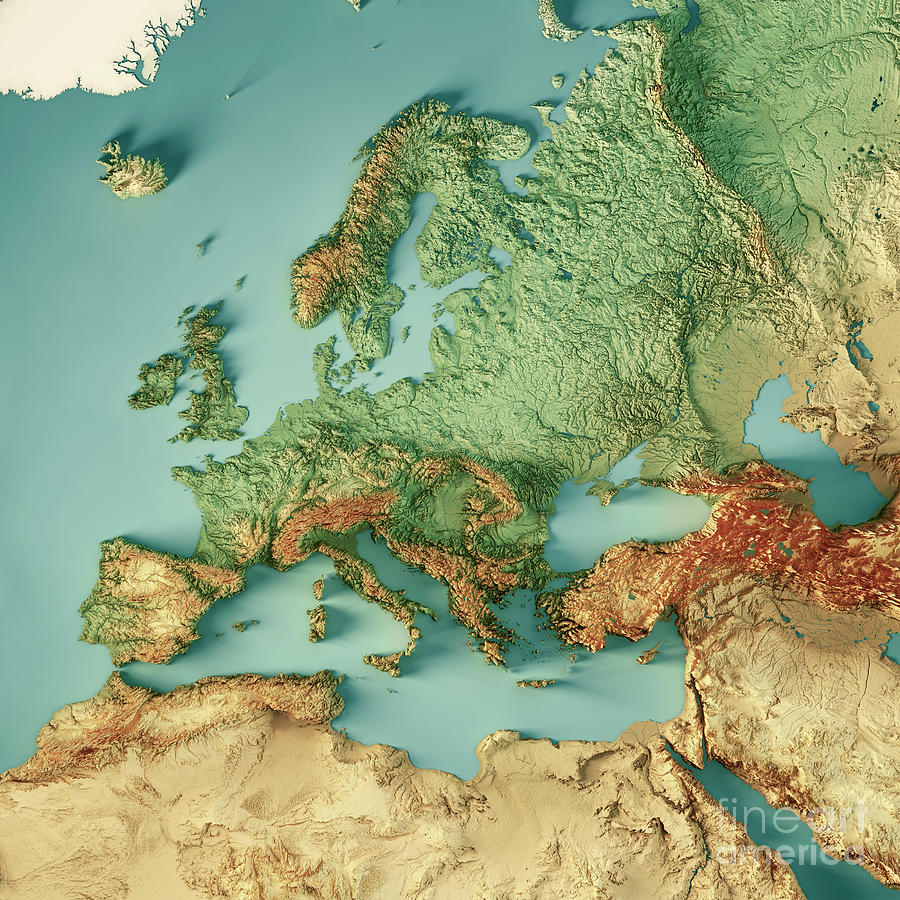

For example the leverage banks are allowed to have is more like 1:10, meaning they can increase the money supply tenfold or so. It also doesn’t have to be backed by other customer’s money at all.
Banks nearly never actually go for the 1:10 limit. The bank usually gives the loan, then the bank tries to find the money for the reserve requirment. However the limit is how risky the loan is and not the reserve requirement. Customer deposits are one of the ways to meet those reserve requirements.
In general, increasing money supply isn’t nearly as big of a problem as some people say, as ultimately money is just a means of exchange with no inherent value of its own, so it it good to be able to adjust the supply easily to account for the real world demand. If you want to read more about that the so called Modern Monetary Theory is a good start.
I never claimed that increasing money supply was a problem, but that having private banks control most of the money supply is. Private banks have a tendency to be less then ethical organizations, which tends to cause massive economic crisis, once their unethical behaviour starts causing problems again. Happens way too often.
While it is true that taxation gives government issued fiat currencies its primary value, this is ultimately a coercive methode backed by the threat of violence and imprisionment, which is not something that I can support. It is also only one of many ways to structure a currency and have it being trusted by its users, so I think we will be able to figure out something better 😊
How do you fund public services, without collecting money from people?











If governments were not taxing people, people would not use the currency. So the government owned central bank can print as much money as it wants, it is not going to fund public services. Which shows fairly well when you compare tax revenue with government spending. Countries usually run a deficit of 2-5%points, but it is pretty close.
However you suggest to not have a central bank at all and you are also against taxes and any other form of coersion to fund public services. So I have to ask: How? There are some charities doing good work, but in terms of money it comes not even close to what is needed to fund infrastructure, schools, public welfare and so forth. The only thing able to do it, is to have large parts of the countries economy be state controlled and the profits from that are used to fund the government. If anything that is even worse, then having just taxes.
As for 3rd world countries, they have low taxes, but they also have low government spending. Also they are 3rd world countries, which ususally refers to countries, which are not doing too well.